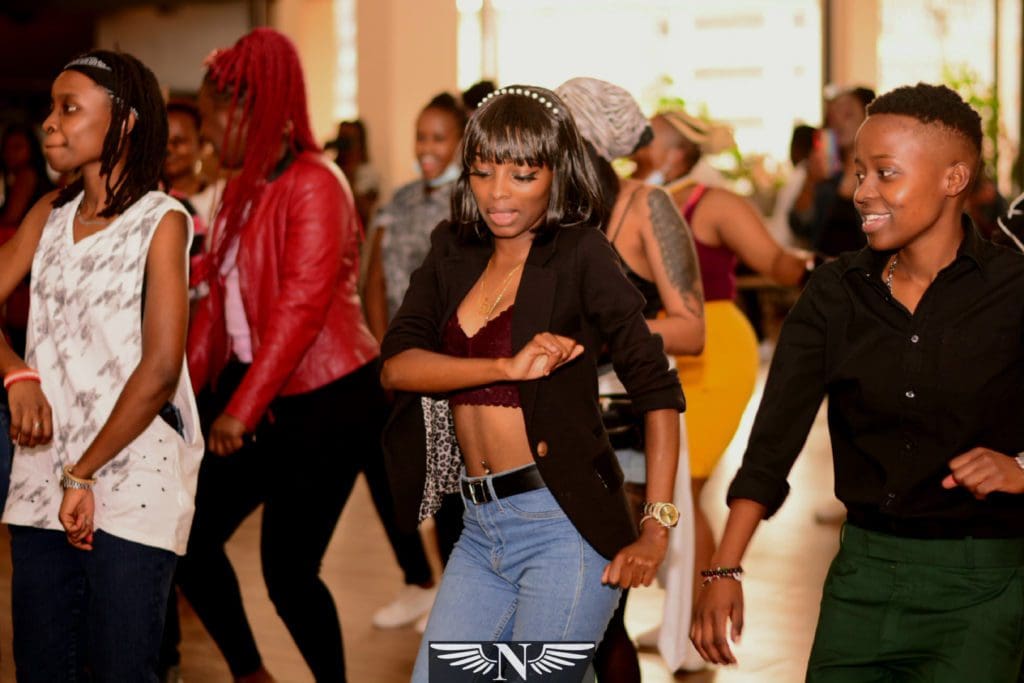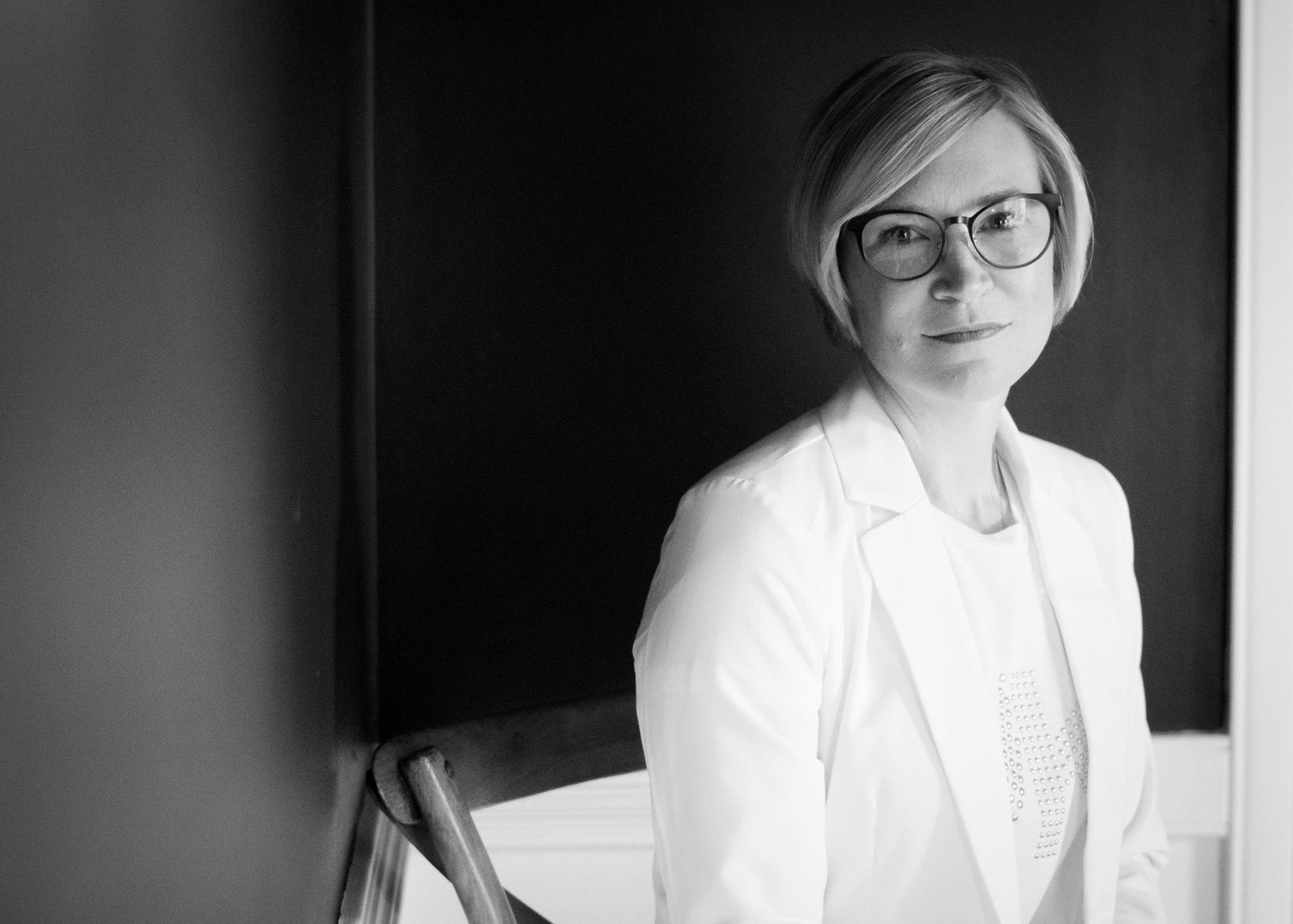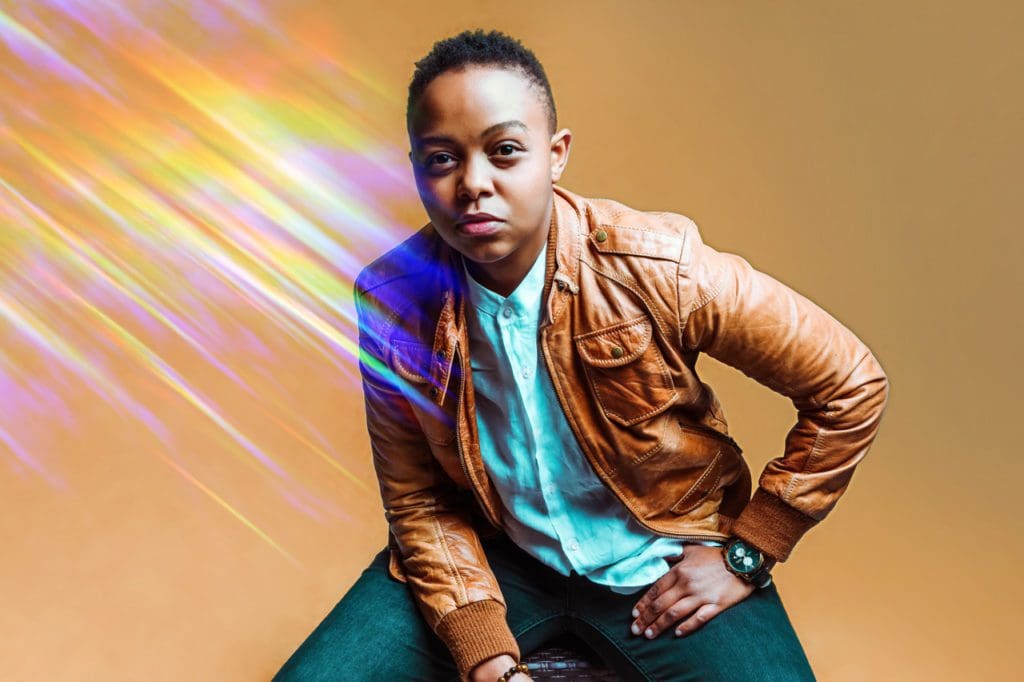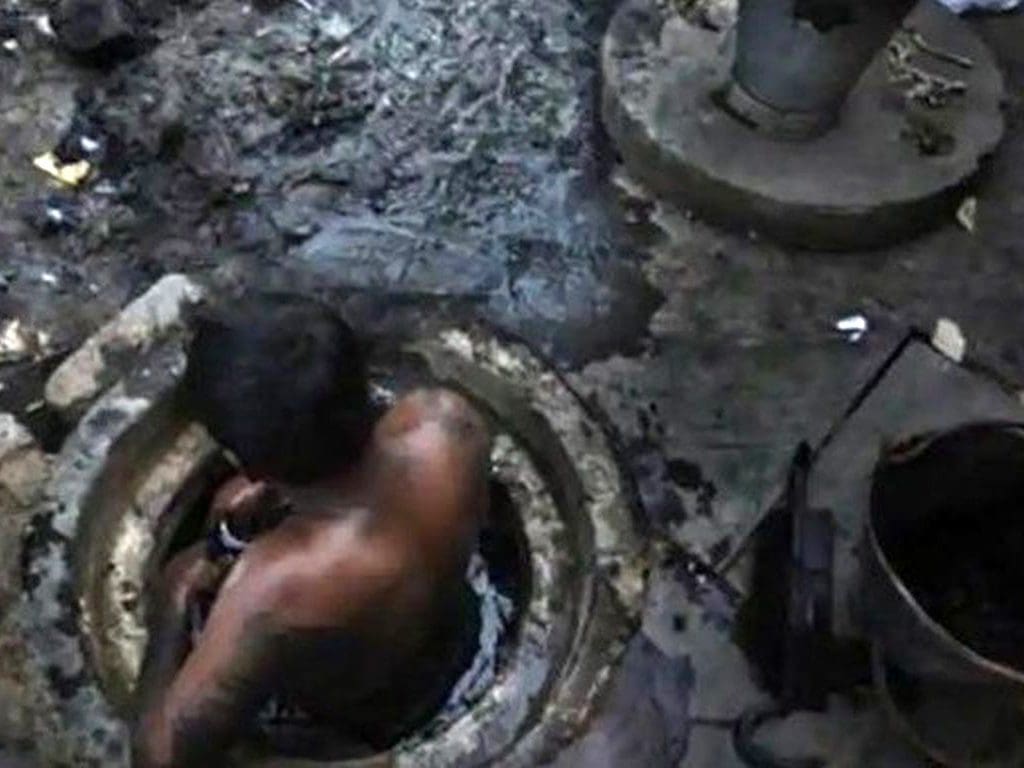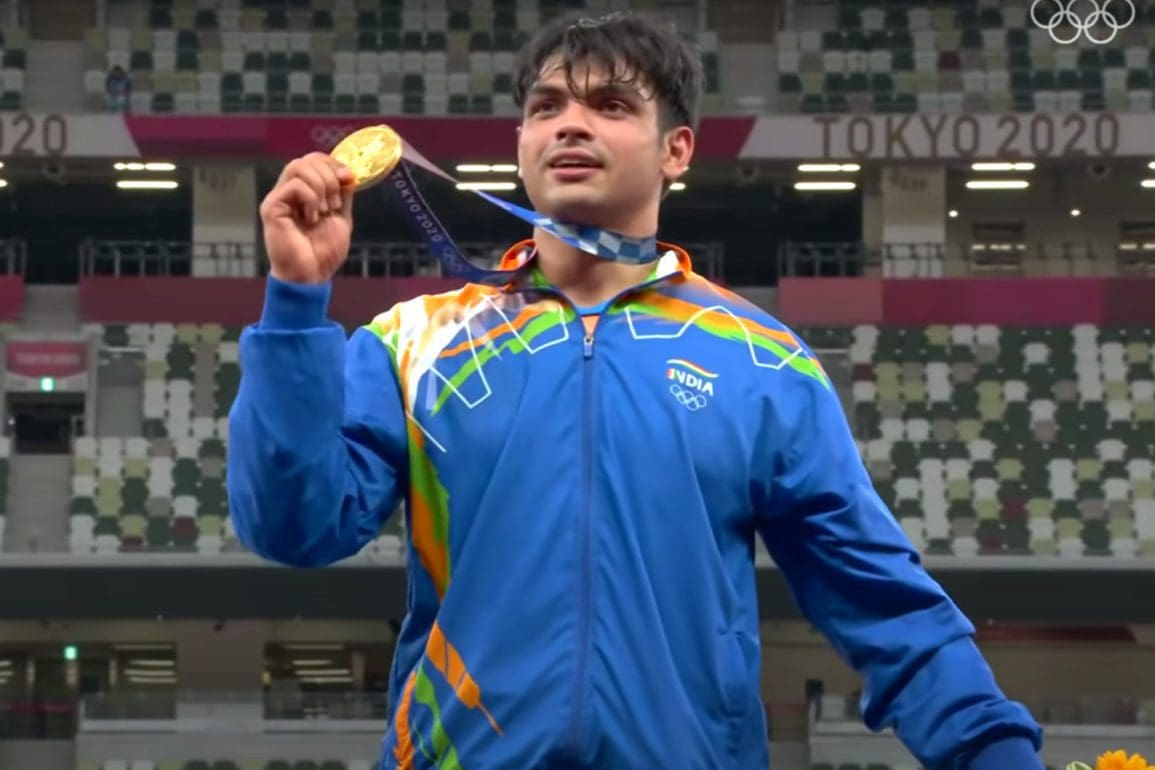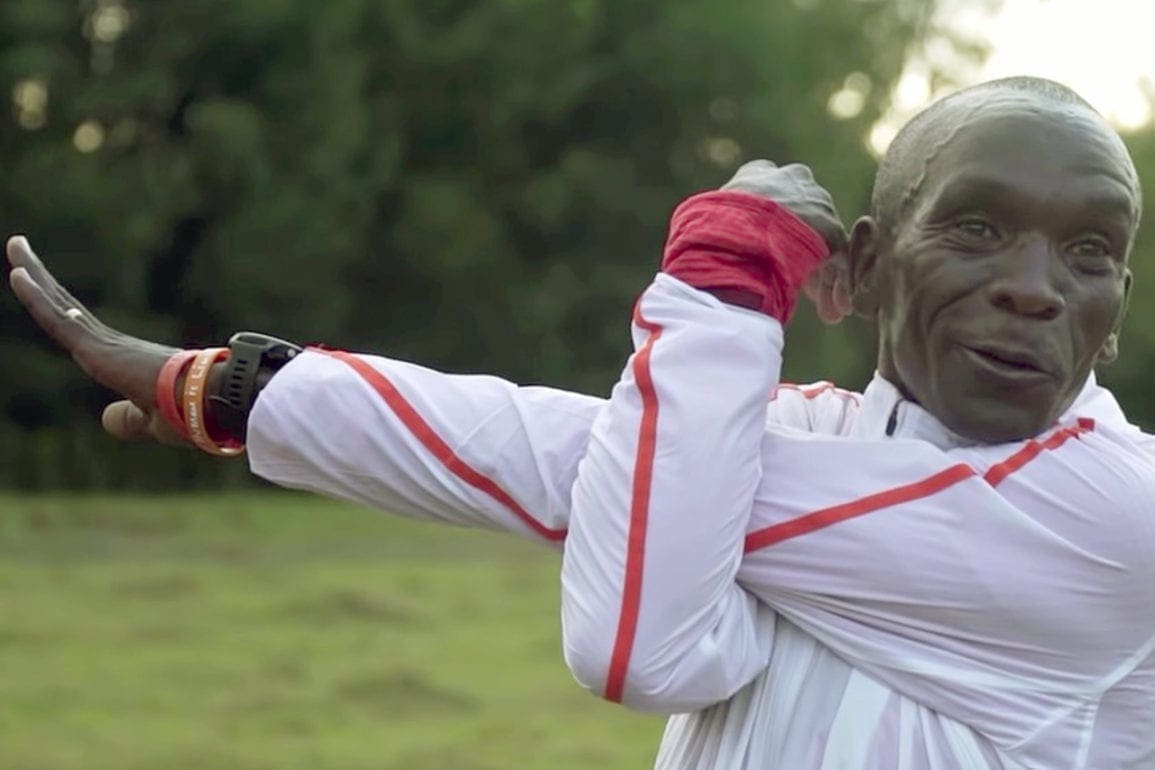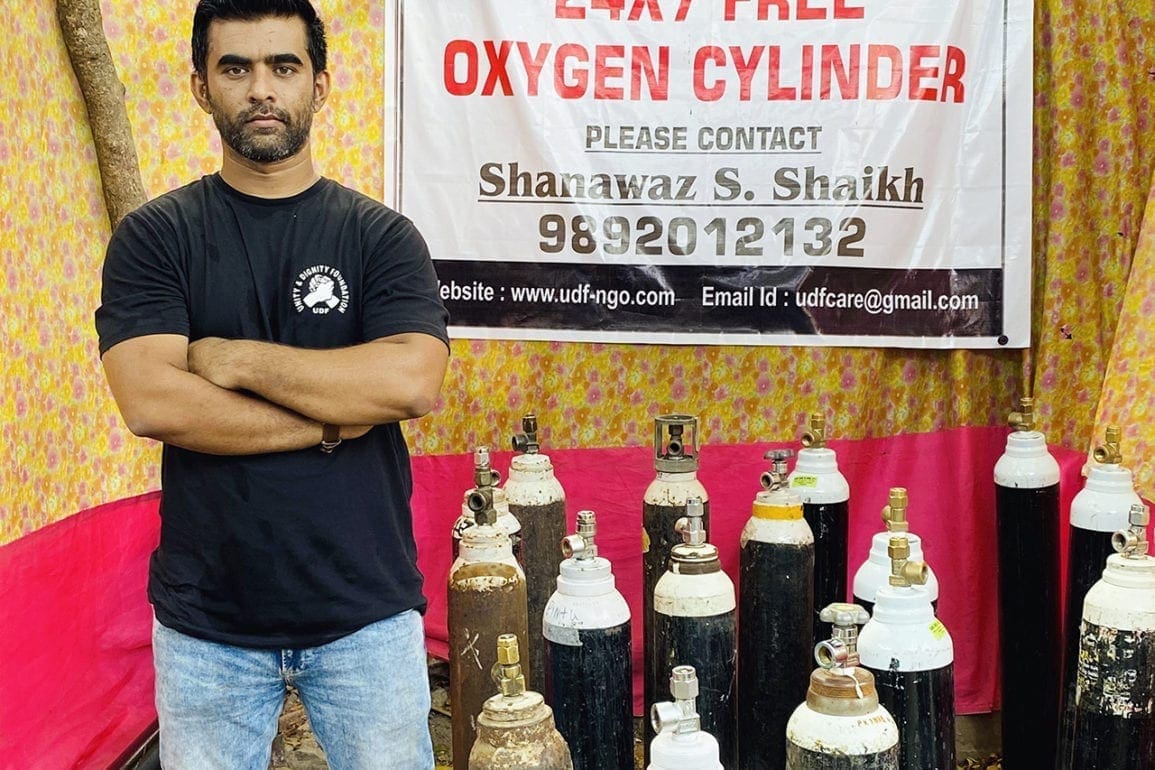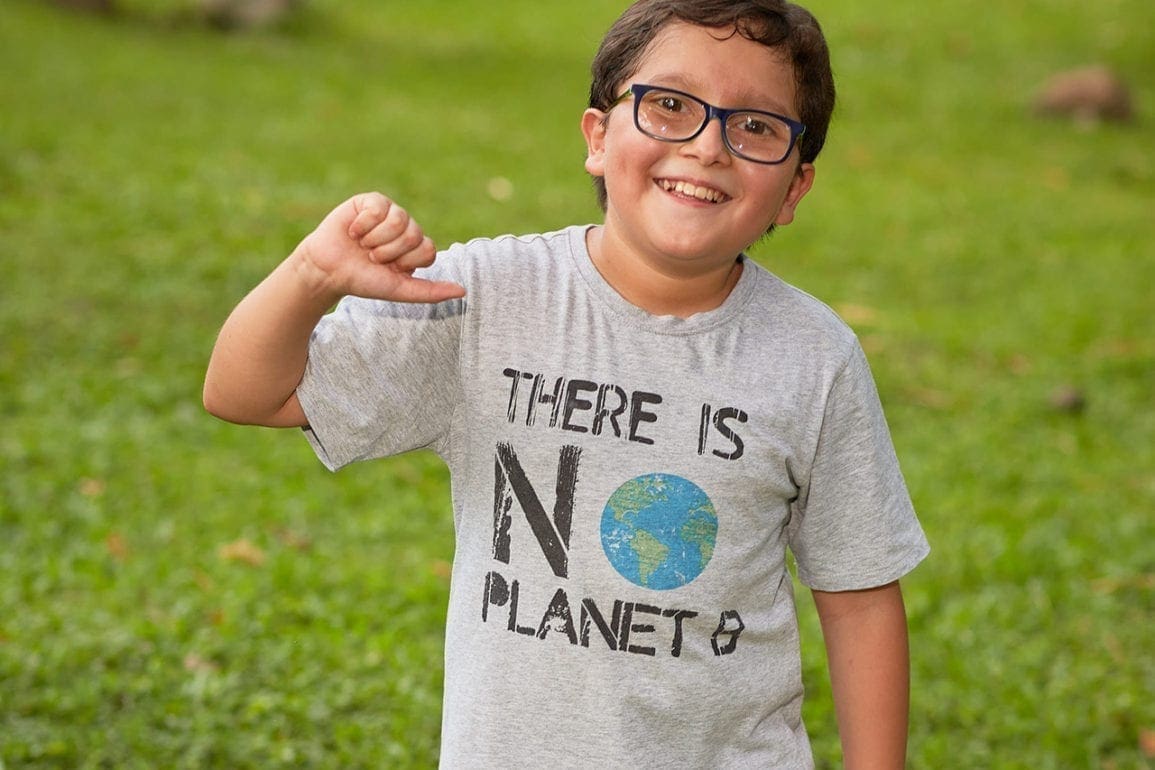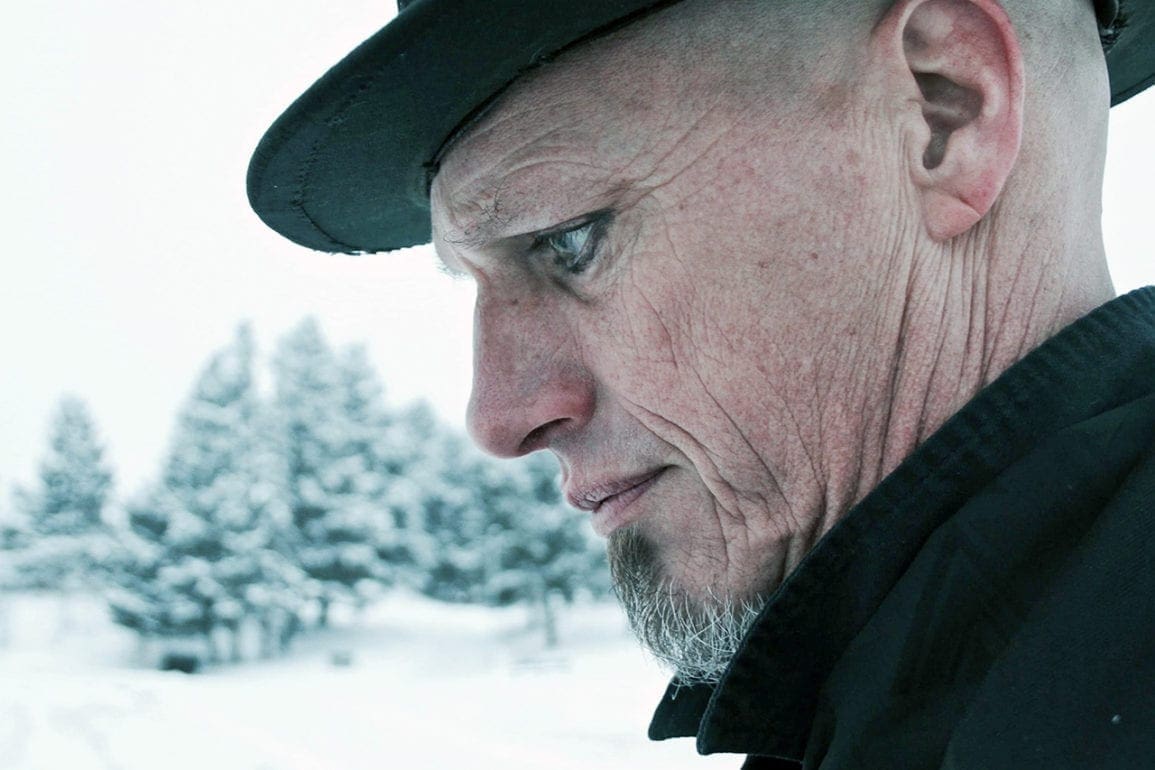Kenyan journalist, forcibly outed, lives their truth and launches Bold Network Africa
Out on the street, I saw that someone had spray painted “Gay Journalist” in big letters across my car. I felt myself sink down into what would become months of depression.
- 3 years ago
October 13, 2021
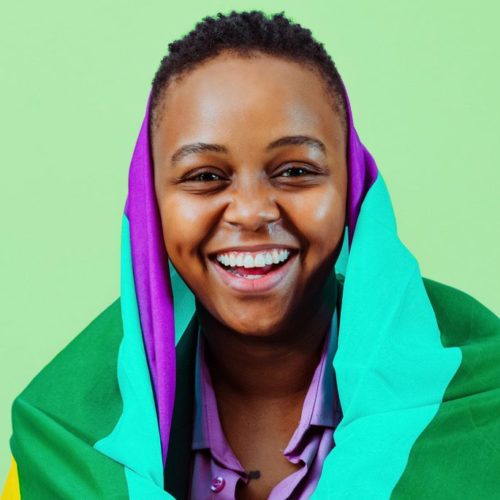
NAIROBI, Kenya—I stared into my wardrobe at the clothes I wanted to wear—androgenous clothes—and pain filled me up inside.
As a young person, preparing for a wedding or family gathering left me caged, always accommodating some societal norm or the assumptions of other people.
As I entered the room, they exchanged looks and angled their heads downward to whisper. Their stares left me feeling unsafe.
Seated around a table surrounded by loved ones, I was constantly surviving, constantly fighting.
“Are you ever going to come with a dress?” they would ask. “I don’t have dresses,” I replied.
Hiding in the confines of societal norms
As an androgenous person and a lesbian, this act of hiding who I was left a heaviness in my chest.
One day, instead of saying, “I don’t have dresses,” I would say, “I don’t like wearing dresses,” but that transition took time. In these rooms full of people, I felt pulled outside of myself.
Conversations ensued, ones I could easily engage in, but I stayed silent. I avoided interaction and eye contact, counting down the minutes until I could leave.
As I made my way through the evening, questions arose. “When are you going to come with your boyfriend?” and “Why are you wearing a man’s shirt?”
My mind silently shouted back at them, “How long will I have to feel this way? When will they ever understand me?” Anger arose inside and punctured my heart.
Back home, in my safe space, I cried, desperate to never feel that way again. To compensate, I made decisions to help me avoid the next event. I signed up for workshops out of town, so I didn’t have to go.
Yet, the suffering followed me. As a journalist working in a newsroom, the questions came again. Colleagues asked why I was wearing a suit, or taking male producer jobs. I projected the anger I felt inside out onto the people around me.
Outed against my will
It was a typical weekday morning. I awoke to the watchman at my apartment complex urging me to go downstairs. My car had been vandalized overnight.
I had been doing some work for the British Broadcasting Corporation (BBC), and as a young, Kenyan journalist, I drew the attention of the public.
Out on the street, I saw that someone had spray painted “Gay Journalist” in big letters across my car. I felt myself sink down into what would become months of depression.
My mind spun to the question of why. For all the good work I do—for all the absolutely beautiful stories I share as a journalist—why did humanity reduce my life to discrimination and hate simply because of my identity and sexuality?
A dark time followed. I was afraid to face the world: afraid people would recognize me now, not just as a well-known public figure, but as a gay person. I stopped visiting the mall and the supermarket during the day.
Again, my mind posed a question: how can I reverse this? A persistent thought arose and became nearly constant. There is no reverse. This has happened, and now I needed to make a decision. In that moment, I understood: I am the only who can stop me living like this.
At 24 years old, I realized that I could never change others, yet I carried their judgements with me. I was the one who went home at night full of pain, while they lived as their truest and highest self.
Living life fully free
My friend arrived at my apartment on a sunny Sunday afternoon, to pick me up for drinks.
I walked into the restaurant and for the first time, I wasn’t hiding. People recognized me. They scrolled through their phones and stared as they read the stories about me, but I didn’t care!
For the first time, I was living fully. I sat with my friends, laughing, and enjoying drinks. Strangers approached and said they loved me.
In that moment, a shift happened. I understood I had lived my life based upon other people’s words and ideas.
I decided to go out into the sun, to be myself, to live, and be happy. For all those years I held myself back with family, in meetings, in office spaces, with friends, and even in my car. Now, I was determined to live as my true self.
Standing in front of my wardrobe, I went with the suit. I put on the cologne. At events, I brought a partner. Soon, the comments shifted. An uncle said, “Hey, I like that shirt,” and others complimented my outfits.
Today, the people allowed in my life know how bold I am. There is no going backwards.
A message to those suffering
To those who can relate, the pain you carry is not your fault. Whatever age you are, you have the power to control your life.
Others will say, this is what you need to wear and how you should carry yourself. This is the job you should do, the person you should love, and how you should speak.
I contend that if their choices give you pain, break the chains, and live your truth. Pick the shirt you like. Bring the person you love home.
Then there are those of us who go through mental abuse or are thrown into conversion therapy. It is in those moments you decide, no matter what, you will choose yourself first. You have your own life to live.
Some parents will have unconditional love. Some won’t. As long as you constantly remind them of who you are, and they aren’t being hostile, give them an opportunity. These things take time, but choose yourself always.
